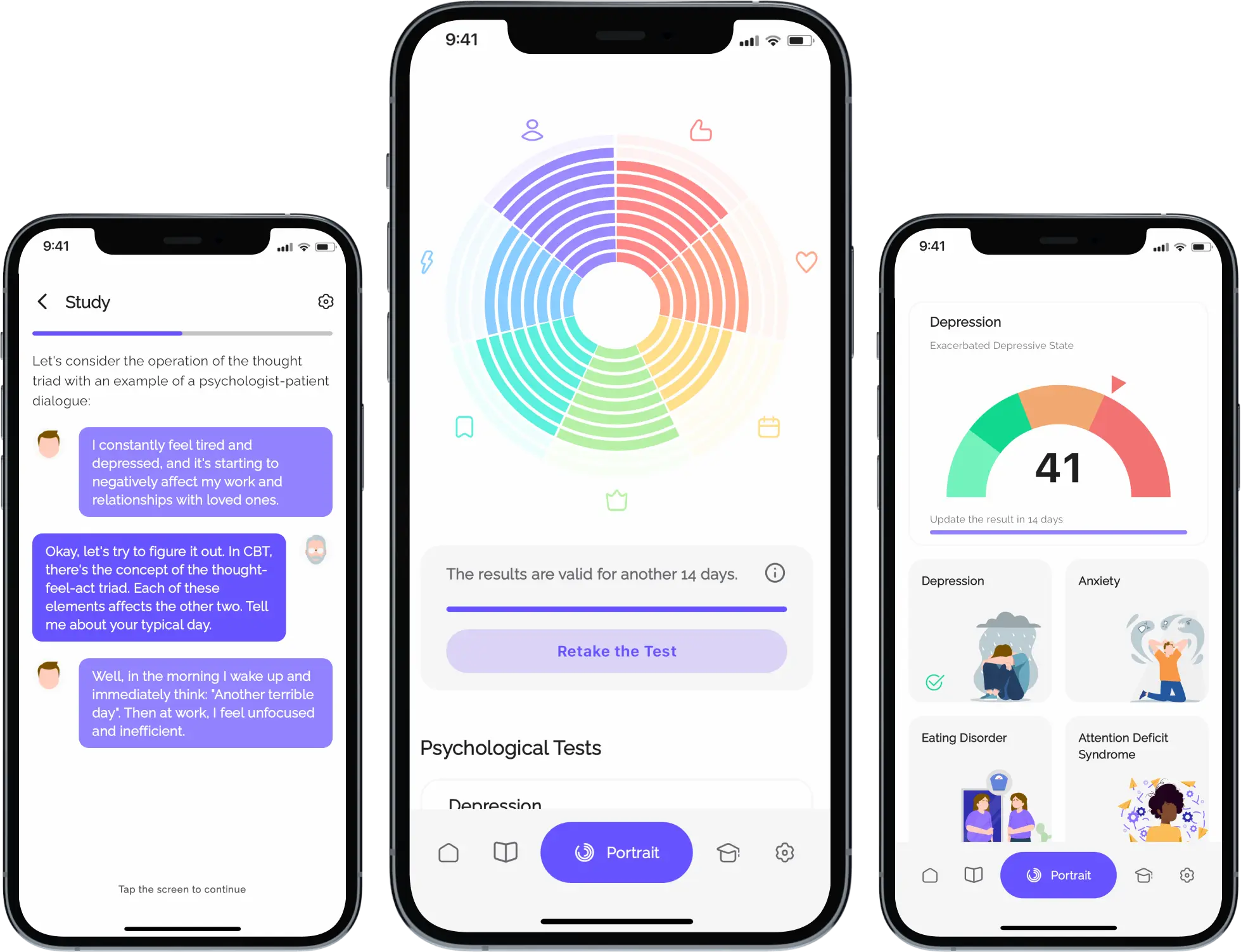
The next technique, which aids in effectively working with self-criticism, involves becoming your own advocate. Although it may seem unusual or difficult to understand, let's explore how it works.
To successfully cope with self-critical thoughts, it's crucial to not only notice and resist them but also to actively dispute them.
Imagine that you find yourself in a court where your self-criticism has long been levying accusations against you, branding you a failure, weak, foolish, and guilty of all conceivable sins.
Suddenly, you have the chance to act as a defender, whose goal is to refute the charges, demonstrating their unfoundedness and absurdity.
Be the advocate of your own inner world, instead of being the judge of your own story.
Elizabeth Gilbert
Imagine yourself as a qualified lawyer, who is unlikely to settle for a statement like: 'My client is a decent person, let's just leave it at that.'
You must exert maximum effort to present compelling facts and arguments that thoroughly dismantle the accusations.
More content in our app
You're only seeing a portion of the content. In the app, you'll find numerous interactive articles. Additionally, there are psychological tests to track your mood dynamics, a daily planner, an automatic thought journal, and much more!

Let's consider an example of applying this technique in a dialogue between a psychologist and a client:
This technique is particularly useful because many people find it easier to imagine themselves as an advocate defending someone else rather than justifying themselves before an inner accuser.
By taking on the role of a professional defender, you demand real evidence and refute unfounded or illogical arguments of the accuser.
Therefore, when faced with negative thoughts about yourself, ask yourself: 'How would I defend my client if I had to prove his innocence?'
Aim to act like a true professional, identifying logical inconsistencies in your automatic thoughts. How justified are these thoughts? What can be said about yourself from a standpoint of common sense?
As an aid, we offer you several questions that can help in your independent work with thoughts:








